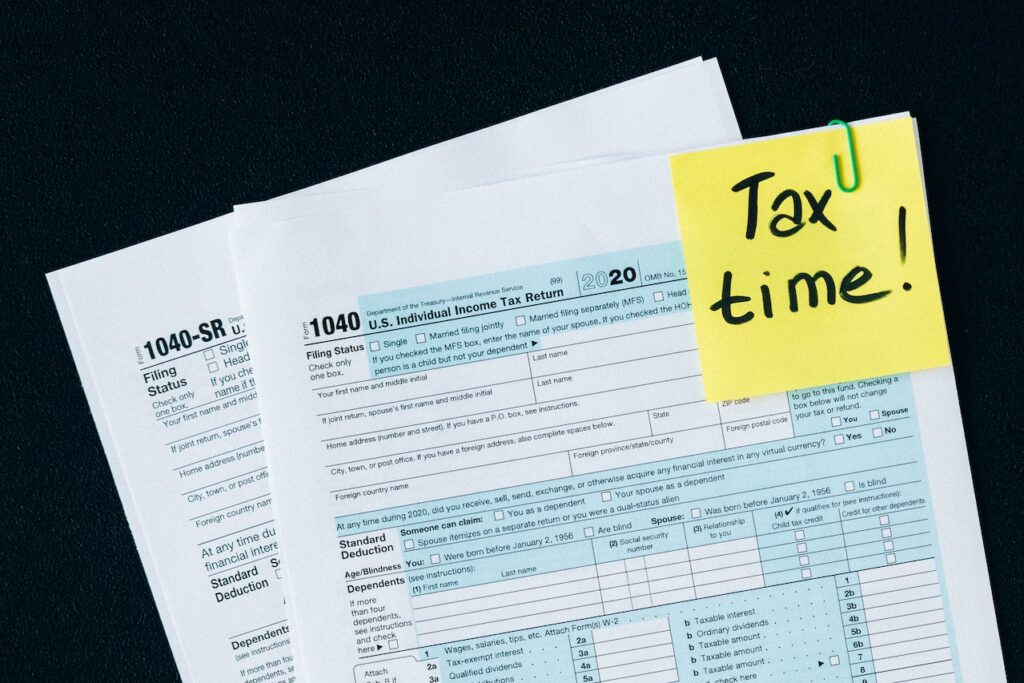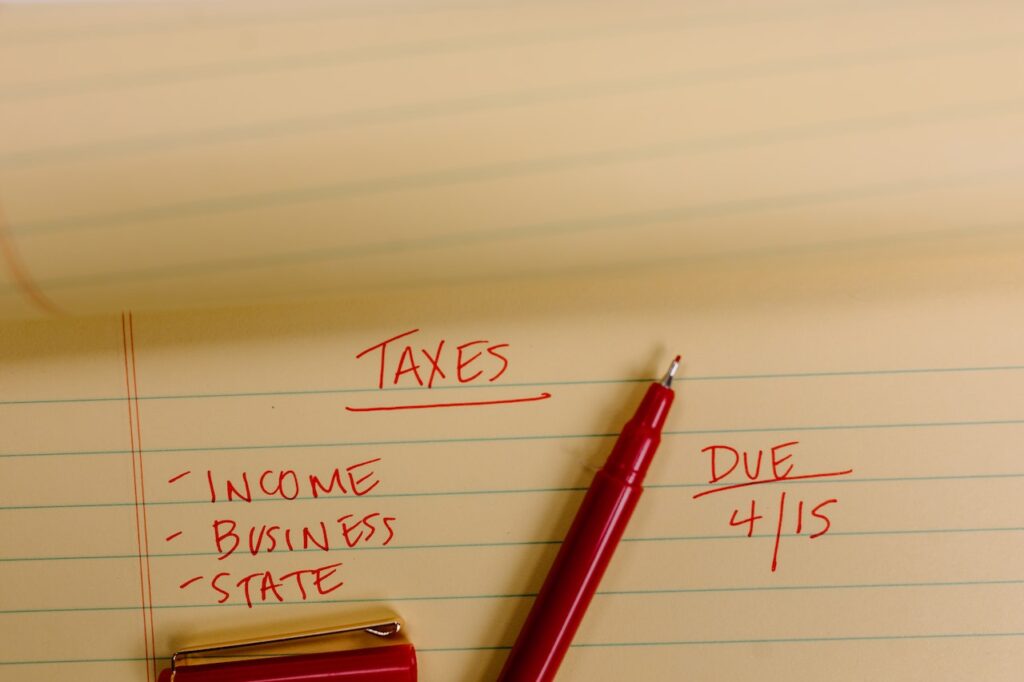Strategies
How the Ritch Manage to Pay Fewer Taxes | Best Strategies for Paying Fewer Taxes Legally
Following these strategies you can offset your taxes and pay less.
Published
3 years agoon
By
Mario
Taxes can be a real nightmare, especially if you don’t know what you are doing. You already struggle each month to pay for necessities like utilities and food, let alone worrying about paying your taxes.
As a result, you undoubtedly began considering strategies to reduce your tax burden and, ultimately, increase your financial situation. So, let’s look into ways to pay less in taxes.
Is It Possible to Reduce the Amount of Taxes You Pay?
Every taxpayer desire to pay less in taxes. Some people might even think it’s impossible, but fortunately, there are steps you can take to reduce your tax burden.
Your tax burden can be much reduced, but you must be more diligent in your tax planning. Don’t worry; even those with high incomes can use these strategies to ensure that they no longer pay excessive taxes.
12 Legal Ways to Reduce Your Taxes
Yes, you can reduce your taxes. Nobody like paying large amounts of taxes, let alone dealing with unforeseen tax obligations that derail all of their preparations. If you fall within this category as well, you need to take action to reduce your tax obligations.
Here are some steps you may take to reduce your tax obligations and save money in the process to help you get there.
Modify Your W-4

A document called the W-4 must be provided by employees to their employers. Tax information, including how much the person will pay in taxes, will be included on this form.
The form gives instructions on how much can be withheld from each paycheck to be used for tax payments, to be more precise.
The excellent news is that you can change your W-4 at any moment, which can help you pay less tax. You should increase the withholding on your W-4 if you have a high tax obligation this year and want it to be less outstanding next year.
You will owe less money when it comes time to file your tax return if you do this.
Make 401(k) Contributions

Increased income will have to contribute more tax because taxes are determined by your income and how much of it you have. Fortunately, you can lower your taxable income each year by making contributions to your 401(k). The IRS doesn’t levy taxes on the money you put directly into your 401(k).
You may deposit up to $19,500 into your account in 2020 and 2021. In order to save an extra $6,500 for 2020 and 2021, you must be 50 years old.
Additionally, even though retirement funds are sponsored by employers, self-employed people can still open 401(k)s if they so want.
Create an IRA (Individual Retirement Account)
Additionally, opening an IRA account might lower your tax obligations. You can choose between a traditional IRA and a Roth IRA, and while you can deduct money from a regular IRA account, the amount you can deduct will be heavily influenced by your income and whether or not your spouse also has a retirement plan.
If you participate in a workplace retirement plan or if you’re married and file jointly, you might not be able to deduct your contributions for the 2020 tax year.
The same rules apply if your only income was $124,000 or more in modified adjusted gross income. For 2022, the sum will increase to $125,000.
Establish a College Fund
Another excellent strategy to pay less tax is to put money aside in a college fund for a junior’s college expenses. You might wish to think about making a 529 plan contribution.
Even while you might not be able to deduct contributions from your federal income taxes, if you save money for your 529 plan, you could be able to claim it on your return. You will face tax repercussions if your donations or other gifts to the beneficiary exceed $15,000, though.
Increase Your FSA Balance
Each year, you can fund your FSA with tax-free money, which lowers your overall tax burden. In 2020 and 2021, you may contribute up to $2,750. The funds can be applied to medical costs.
Finance the Dependent Care FSA

A dependent care FSA is another option if your company provides it as a means to lower your tax obligation.
You won’t have to pay taxes on the up to $5,000 that the IRS will remove from the money that your employer contributes to a Dependent Care FSA.
Dispose of Underperforming Stocks

Selling any underperforming stocks is advisable, and it might be made much simpler if you receive a tax deduction.
Sell the stocks if they aren’t working well for your portfolio, and deduct the losses from stock sales. Just be careful not to sell your shares solely to get tax relief, as the IRS will immediately take away your deduction if you buy your stock again.
When to Deduct Your Large Purchases
Make sure to schedule your major purchases appropriately at all times. If you believe you will soon incur a deductible expense, consider whether you will be able to pay for it this year rather than deferring it to the following one.
In this manner, you can obtain more mortgage interest that you can write off the next year.
Final Note
If you know the proper legal methods to utilize for this, paying less tax is achievable. To reduce your taxes and save some money in the interim, take into account some of the above strategies, choose which one works for you, and put it into practice.

Best Problem-Solving Strategies In Business

How to Start Affiliate Marketing Through Amazon

How to Plan A Wedding On A Budget

10 Reasons Why Budgeting Is Important




